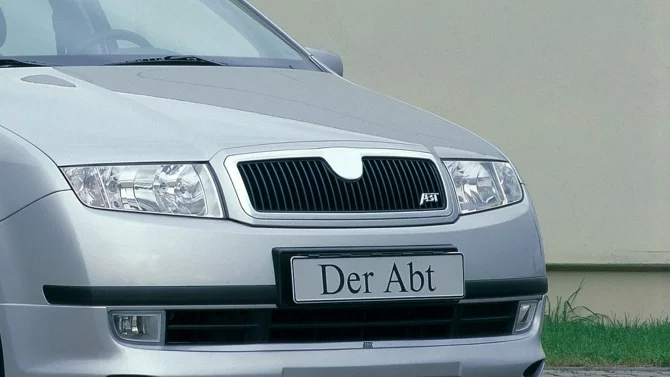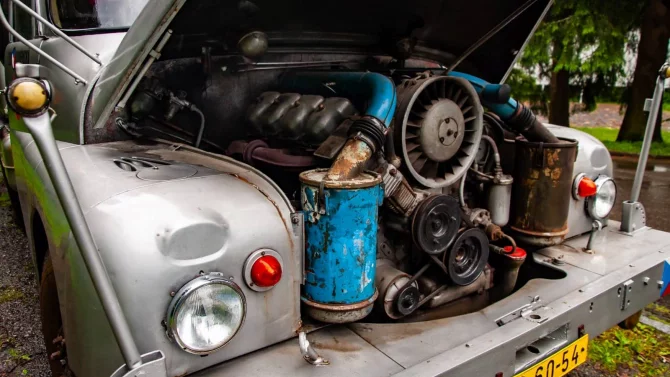...
By Silvia Aloisi
Italian Prime Minister Romano Prodi said on Wednesday he still saw big differences with Poland on the issue of European institutional reform, pouring cold water on hopes that Warsaw may be ready for a compromise.
Poland is among the countries that have the most difficulty with the stalled EU constitution, along with Britain, the Czech Republic, France and the Netherlands.
Earlier this month, Poland's Foreign Minister Anna Fotyga said she was moderately optimistic about reaching an agreement on a proposed treaty to replace the constitution.
But Prodi said, after meeting with Polish officials, that any deal appeared still a long way off.
Asked by reporters in Warsaw whether he was confident an agreement could be reached at a June 21-22 EU summit, Prodi said: "The path is still a long one. Dialogue is a positive thing ... but there are still fundamental differences about the very concept of Europe.".
Poland has objected to the treaty mainly because it would it give it a smaller number of votes.
Eurosceptic Polish leaders Jaroslaw Kaczynski, the prime minister, and his twin brother Lech, the president, have threatened to veto the constitution if the proposed voting mechanism was left unchanged.
They said the document in its current shape would weaken Poland's position and be favourable mainly towards big countries like Germany.
Prodi, who met both brothers on Wednesday, said the Polish president appeared "slightly more open about the need to quickly reach a conclusion of the constitutional process".
But he said Poland remained "very reluctant" to agree to a proposal for more majority voting, removing the need for unanimous decisions on certain issues.
Prodi, a former European Commission chief, wants to preserve the key features of the EU's stalled 2004 constitution, which was rejected by French and Dutch voters.
He has said Italy and the other 17 nations that have ratified the charter will not accept a "downward revision" of the substance of the treaty, designed to give the EU stronger leadership and a streamlined decision-making system.
The reforms in the treaty include a long-term president of the EU, a foreign minister, a more democratic voting system and a bigger say for national parliaments in European affairs, as well as removing national vetoes on justice and police cooperation.
[WARSAW/Reuters/Finance.cz]




 „Elektrická mobilita je budoucnost, o tom není pochyb. Každý, kdo tvrdí opak, poškozuje náš průmysl.“ A proto přijdou plošné evropské dotace
„Elektrická mobilita je budoucnost, o tom není pochyb. Každý, kdo tvrdí opak, poškozuje náš průmysl.“ A proto přijdou plošné evropské dotace
 Našli jsme deset absolutně neznámých automobilů současnosti. Dokážete uhodnout alespoň polovinu?
Našli jsme deset absolutně neznámých automobilů současnosti. Dokážete uhodnout alespoň polovinu?
 Dvě i čtyři doby, tři a čtyři válce: Saab 96 se stal vozem pro individualisty, a to i v Československu
Dvě i čtyři doby, tři a čtyři válce: Saab 96 se stal vozem pro individualisty, a to i v Československu
 Elektromobil jako ojetinu nikdo nechce. Velký český autobazar skončil s jejich nákupem i prodejem
Elektromobil jako ojetinu nikdo nechce. Velký český autobazar skončil s jejich nákupem i prodejem
 Youtubeři zkoušeli, jestli nastartují Tatru 138 odstavenou osmnáct let. Výsledek nikoho nepřekvapí
Youtubeři zkoušeli, jestli nastartují Tatru 138 odstavenou osmnáct let. Výsledek nikoho nepřekvapí
